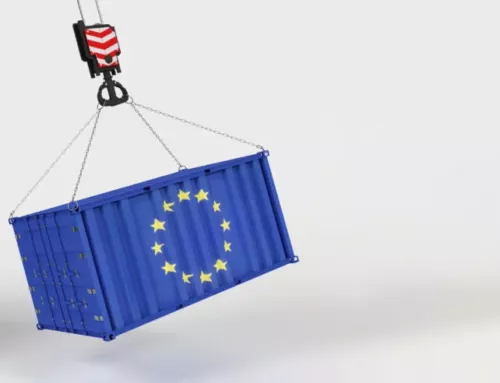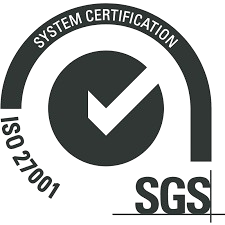From January 2023In accordance with the new legislation, electronic invoicing will be compulsory for small and medium-sized enterprises that supply the state, micro-enterprises that also supply the public sector, and public entities as co-contractors.
In this sense, you should prepare your systems to implement electronic invoicing in your business.

What is an electronic invoice?
According to the definition in Directive 2014/55/EUAccording to the article on electronic invoicing in public procurement, an electronic invoice is an invoice "that has been issued, transmitted or received in a structured electronic format that allows it to be processed automatically and electronically".
In practice, an electronic invoice is a document equivalent to the traditional paper invoice, which retains the same legal value. However, it is processed exclusively in digital format: invoices are only issued, sent, received and filed electronically.
At the same time, it is important to bear in mind that it is not enough for the invoice to be converted into a PDF file to be considered an electronic invoice - although PDF invoices will still be considered electronic invoices until 31 December 2022. From that date onwards, the implementation of qualified digital signature for it to be valid.
This measure had already been postponed, but it will become a reality on 1 January 2023, when all micro, small and medium-sized companies that supply the state will have to use an electronic invoicing system to send their invoices to public bodies.





